Zion Lutheran Church’s liturgy is rooted in the rich soil of historical Christianity, drawing from the venerable traditions of the Catholic Church while staying true to the doctrinal reforms initiated by Martin Luther during the 16th century Reformation. Central to its worship practice is the Book of Concord, the definitive collection of Lutheran confessional documents, which grounds the liturgy in the Lutheran doctrine of sola scriptura—Scripture alone. This theological cornerstone asserts that the Bible is the ultimate authority, shaping all liturgical expressions to conform to the Word of God. Zion’s commitment to historical continuity is reflected in its preservation of traditional liturgical forms that date back to the early days of the Reformation, such as the use of German chorales and Latin hymns adapted to express Lutheran theological insights.
These elements are interwoven with a strong emphasis on the two sacraments of Holy Baptism and the Eucharist, as means of grace. Zion’s liturgy serves not only as a bridge to the past but also as a vibrant, living expression of faith that resonates with contemporary believers, affirming its doctrinal heritage through practices that have been tested and hallowed by time.
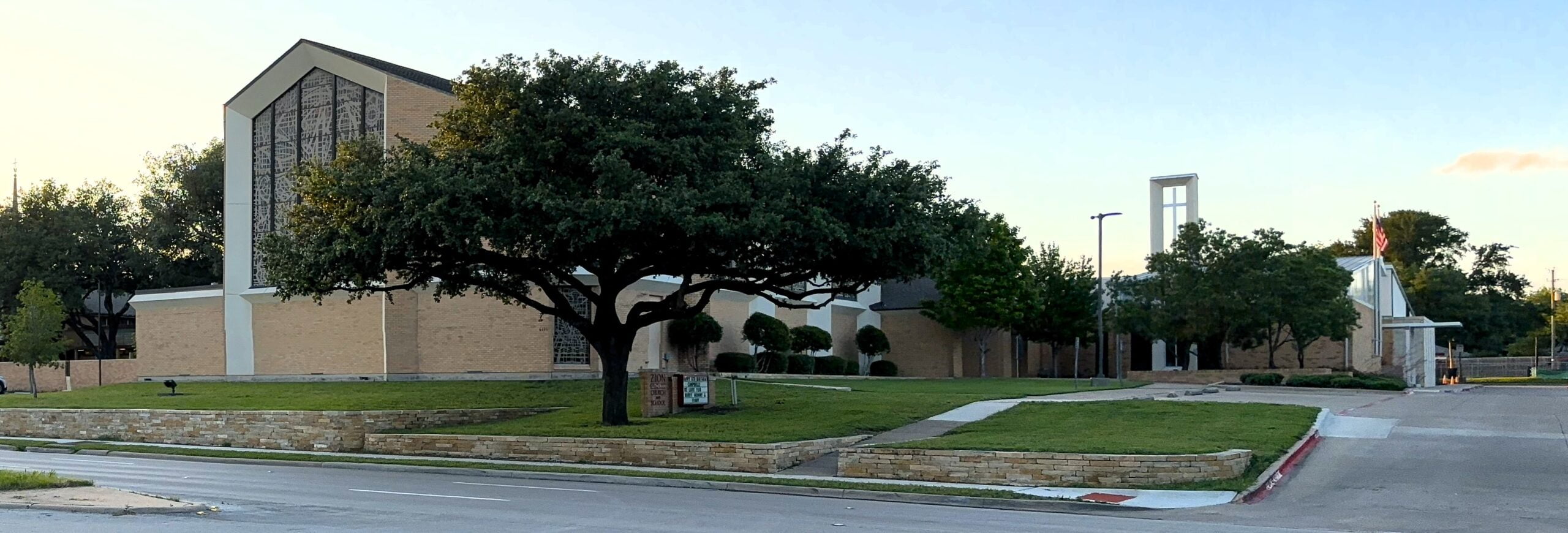
At Zion, worship is first and foremost the Divine Service. God serving His people with His gifts of Word and Sacrament. In this service, heaven meets earth as Christ forgives, restores, and strengthens His people, and our prayers and praises flow as a response to His grace.
Our worship is traditional, it follows the historic pattern of the Church—Invocation, Confession and Absolution, Scripture readings, Creed, Prayer, the Lord’s Supper, and Benediction. This order has formed Christians for centuries, keeping Christ at the center and ensuring that Scripture shapes every part of what we say and sing together.
Our worship is reverent and ceremonial as we believe outward forms express inward faith. Vestments, chanting, and the church year are about confessing with our actions what we confess with our lips. The Triune God is truly present among us and worthy of our best. In this way, we join Lutherans across generations and around the world in proclaiming the same faith.
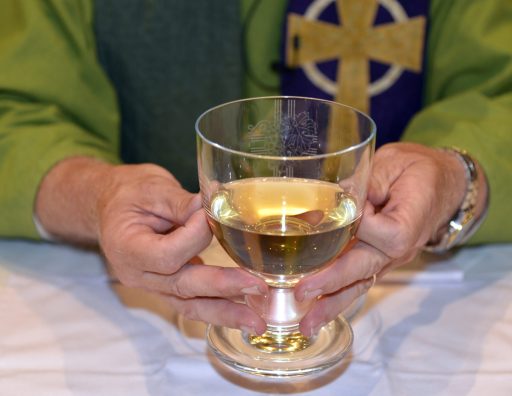
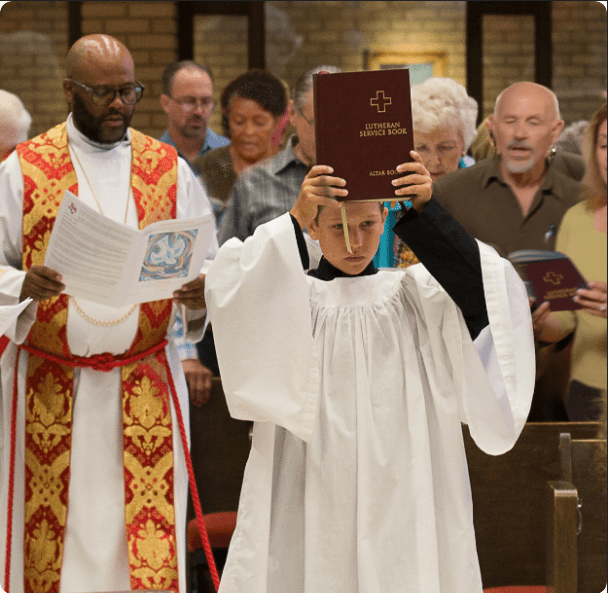
At the heart of our liturgy is the Divine Service, which follows a structured format rooted in historical Christian worship practices. The Divine Service typically consists of distinct elements, including the Invocation, Confession and Absolution, Scripture readings from both the Old and New Testaments, the preaching of the Word, prayers of intercession and thanksgiving, and the celebration of the Lord’s Supper. Throughout the service, there is a deliberate emphasis on the Gospel message of salvation by grace through faith in Jesus Christ.
Our liturgy often incorporates traditional hymnody, psalms, and liturgical chants, reflecting the Church’s reverence for the sacred texts of Scripture and the theological depth of Lutheran hymnody. We use the standard Lutheran Service Book (LSB) for the majority of hymns and songs.
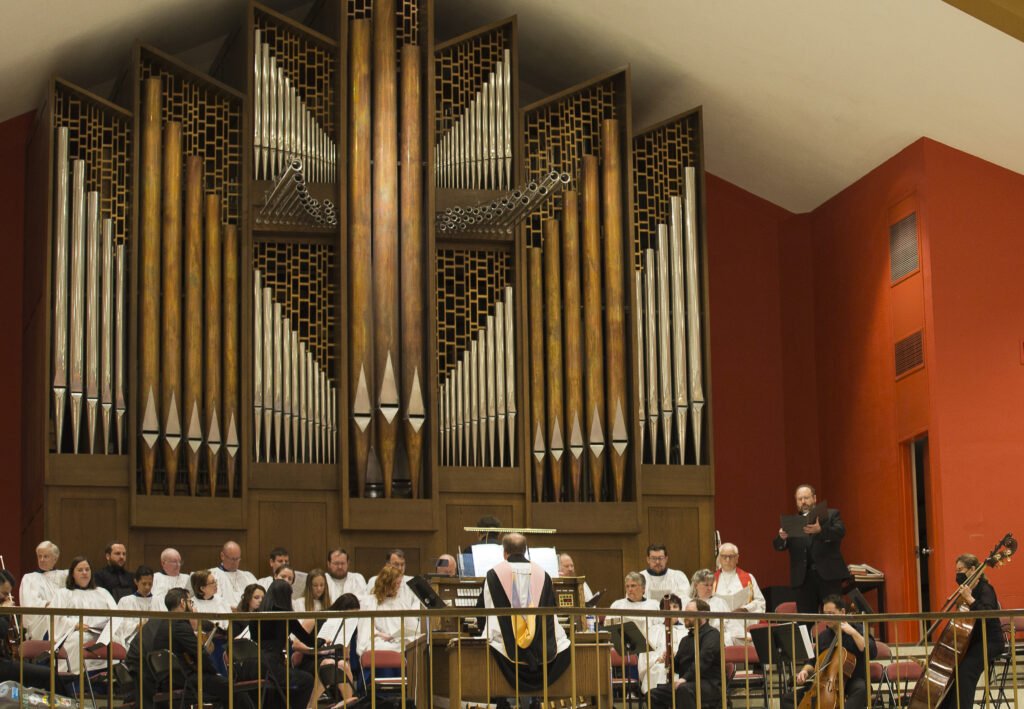
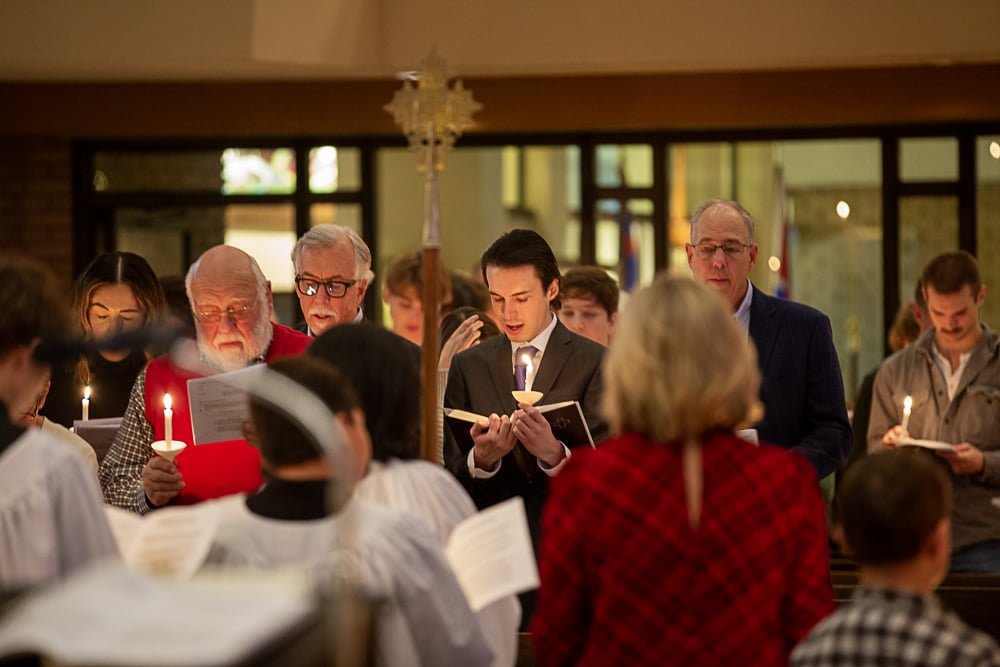
The liturgical calendar, including seasons such as Advent, Christmas, Lent, Easter, and Pentecost, shapes the worship life of the Church, providing opportunities for reflection on key aspects of the Christian faith and the life of Christ.
Stay up to date on news and events at Zion Lutheran Church. Are you in need of prayer? Let us know and we will add you to our prayer list.